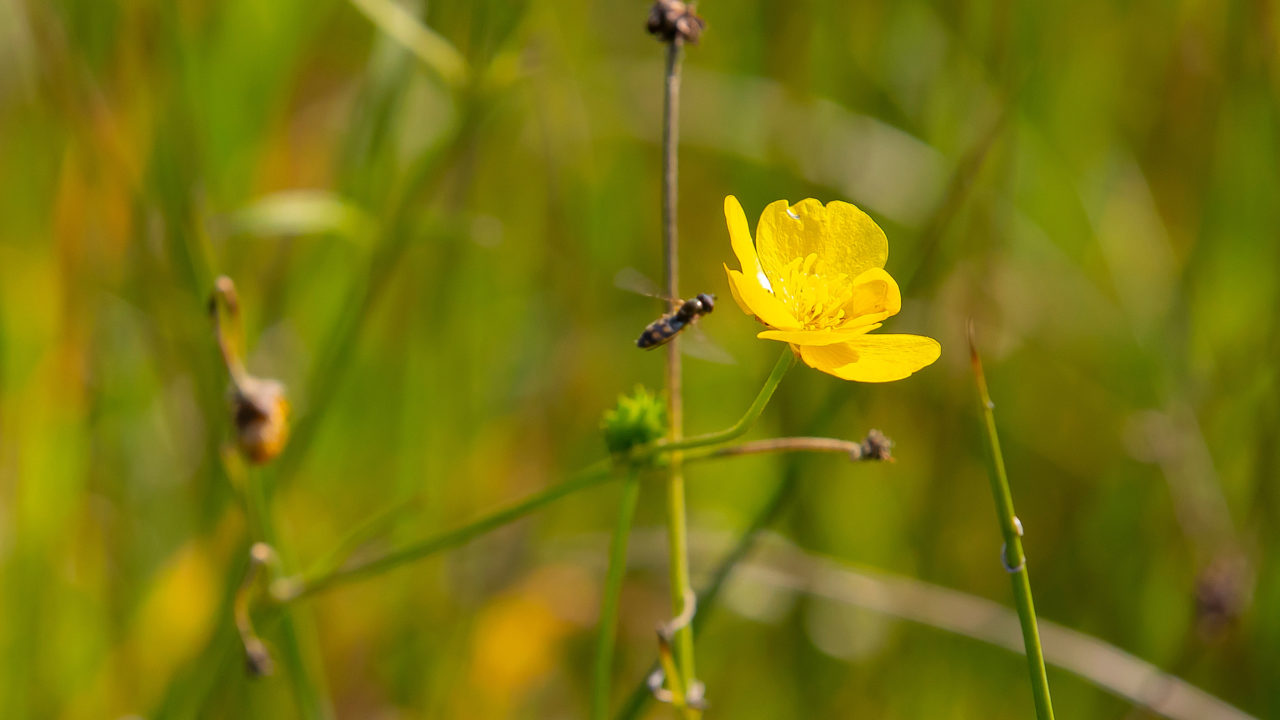The Irish Wildlife Trust (IWT) has welcomed the report from the Joint Committee on Environment and Climate Action on biodiversity published today (Thursday, November 17).
The IWT gave a presentation to committee members during the hearings which took place in 2021.
The trust is welcoming the conclusion that it is “clear that biodiversity and climate are inextricably linked, and that biodiversity and healthy ecosystems and habitats play a significant role in tackling carbon emissions and slowing climate change”.
The report makes 75 recommendations across five key themes identified during engagements with stakeholders and through submissions to the committee.
Biodiversity report
According to the IWT, the report acknowledges the significant loss of biodiversity that Ireland has experienced and the IWT has welcomed how the pressures on biodiversity loss at sea, have been given equal recognition to that on land, in the report.
Some elements within the report, which have been highlighted by the IWT as issues which it has campaigned for include:
- Reform of the Arterial Drainage Act which the IWT said severely affects river systems;
- Reduction in bottom trawling and a prohibition of bottom trawling in Marine Protected Areas (MPAs);
- MPAs should be designated without delay and management plans should be implemented for existing Special Areas of Conservation (SACs) in the marine environment. New MPAs should include ‘highly protected’ areas, i.e., no fishing zones;
- Protection measures for threatened sharks and marine species;
- Designation of all old oak woodlands as SACs;
- A transition away from monoculture forestry and towards continuous-cover commercial forests;
- The protection of biodiversity feature in forestry plans, such as high nature value farmland, species-rich grassland etc.;
- A review of the impacts of Ireland’s derogation to the Nitrates Regulation to protect water quality.
The IWT is now calling for the report recommendations to be acted on by the Oireachtas.
The trust said that it is essential that the recommendations are passed into the next National Biodiversity Action Plan which is to be published in 2023.
The IWT also wants to see the Irish government commit to international efforts to restore biodiversity at the COP15 meeting in Montreal, Canada in December, particularly with regard to protecting 30% of land and sea by 2030.
IWT campaign officer Pádraic Fogarty said: “We would like to thank the committee chair, Brian Leddin, as well as the committee members, for such clear and strong recommendations.
“They are extremely timely and relevant in light of the finalisation of a number of plans including the next Forest Strategy, the third River Basin Management Plan and the National Biodiversity Action Plan.
“We hope the findings of the Citizens’ Assembly on Biodiversity Loss will add to and strengthen these recommendations so that we can finally turn the corner on biodiversity loss in Ireland and begin the work of restoration.”
Irish Wildlife Trust
The IWT was founded in 1979 as a charitable conservation body.
It aims to provide the public with information about wildlife, run education and training programmes, carry out habitat and species surveys and campaign and lobby around biodiversity issues.
It also strives to restore natural habitats, consult with industry, agriculture and Local Authorities to maintain natural heritage and contribute to national and international forums for the protection of biodiversity.
